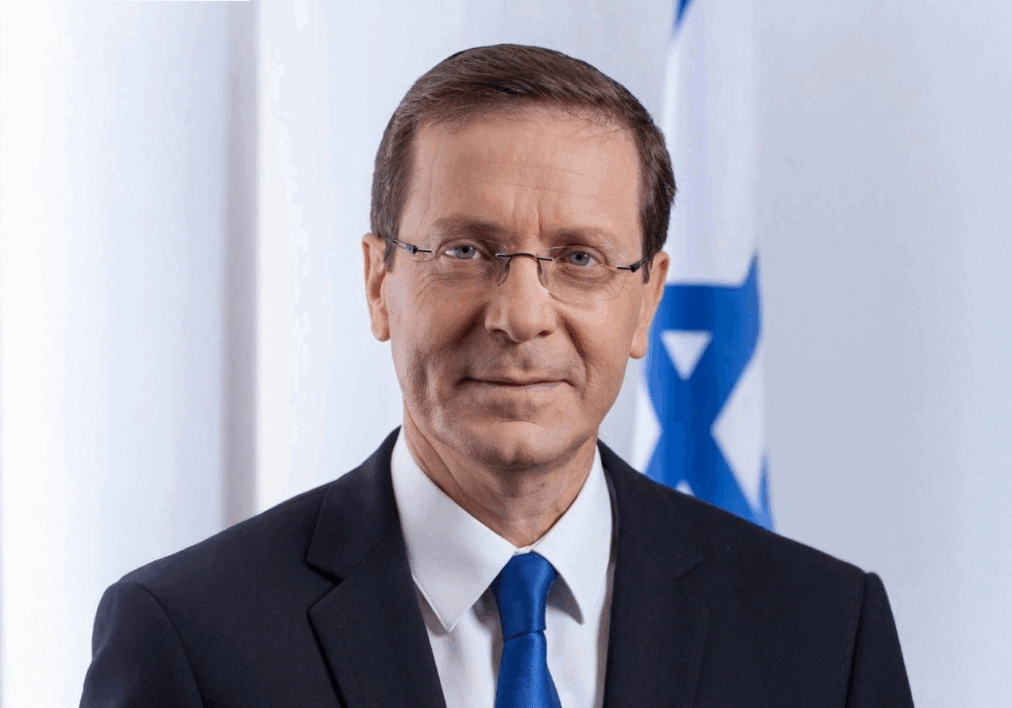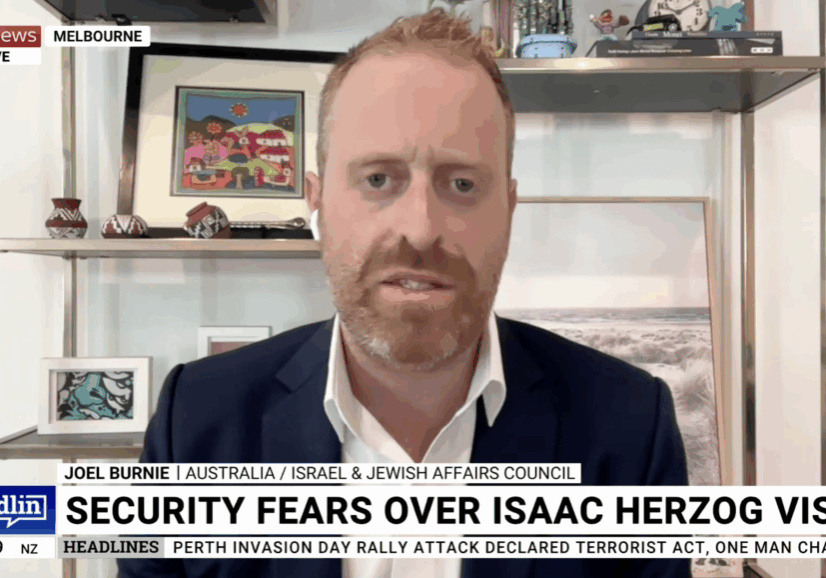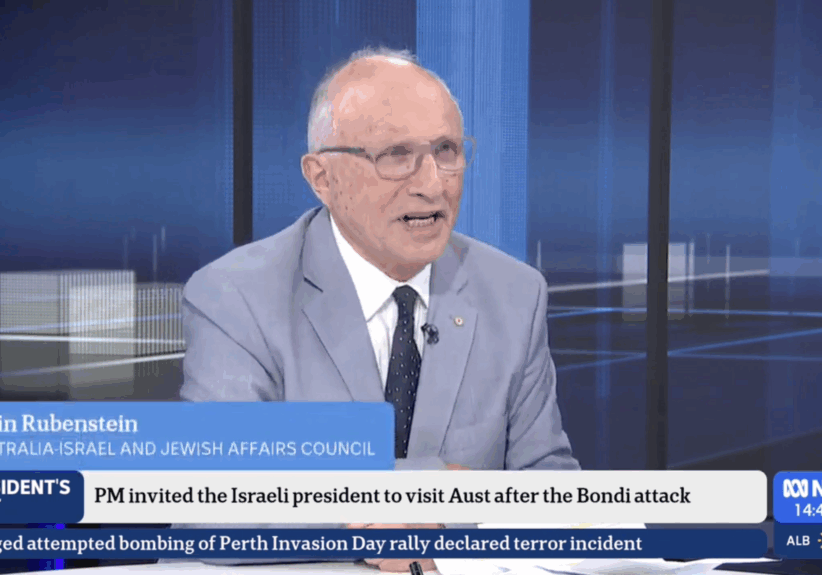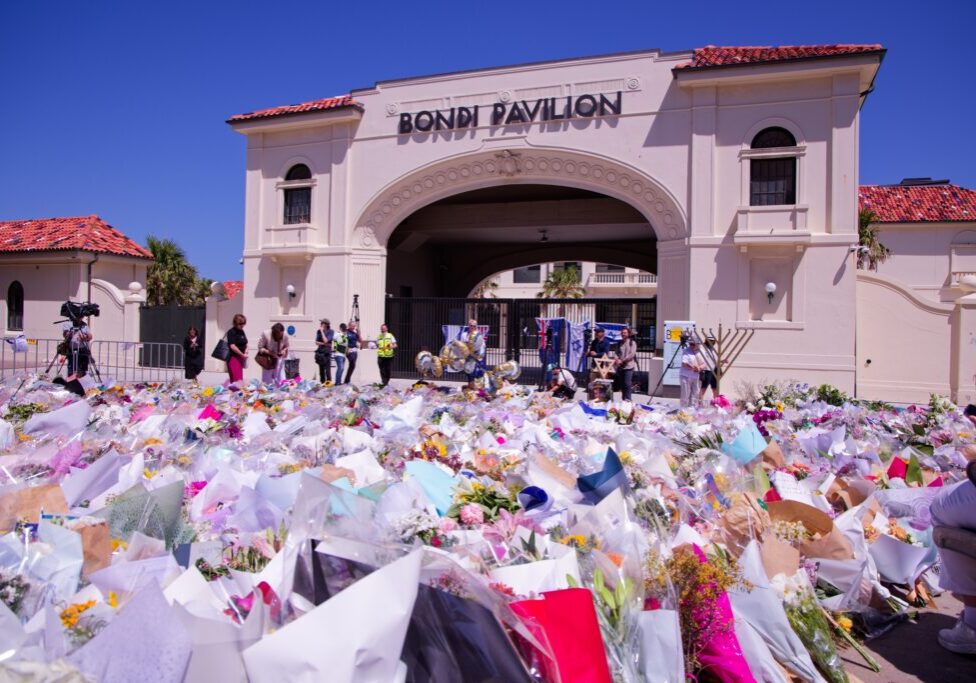Australia/Israel Review
ISIS after Baghdadi
Dec 1, 2019 | Naomi Levin
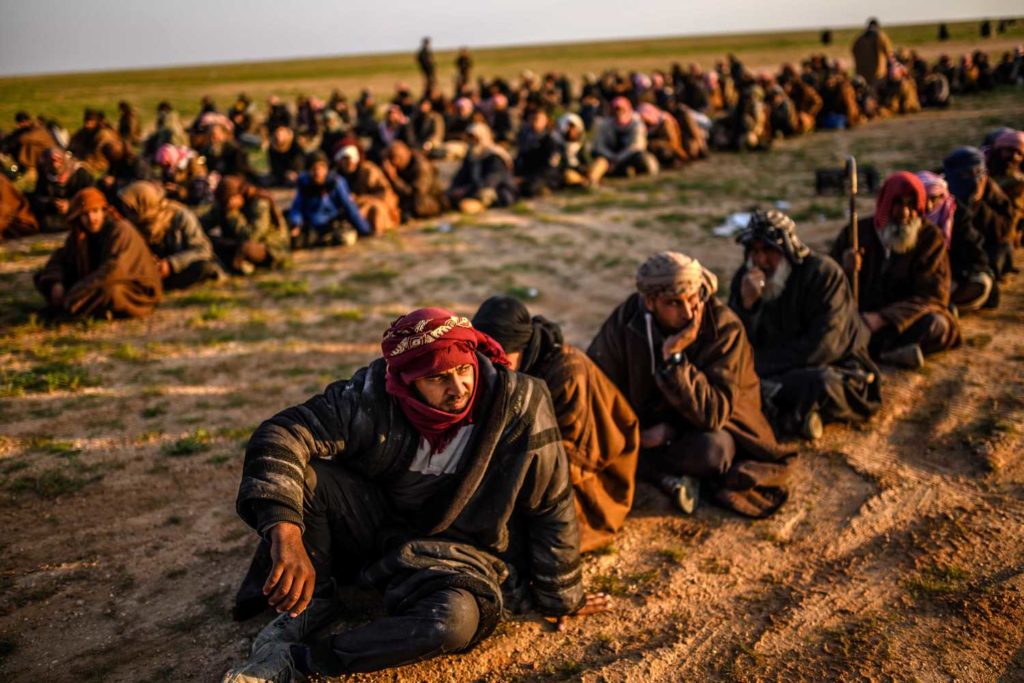
The so-called caliphate has fallen, the leader is dead. But has the threat from ISIS dissipated?
In some ways, according to Professor Boaz Ganor, one of the world’s foremost counter-terrorism experts, ISIS is actually more dangerous than ever.
Ganor has been visiting Australia and New Zealand as a guest of the Australia/Israel & Jewish Affairs Council. During his many briefings – to legislators, law enforcement officials, bureaucrats and interested members of the public – Ganor has evaluated the current terror threat and addressed current best-practice in counter-terrorism.
The start of his visit coincided with the announcement, in late October, that US forces had located and cornered ISIS leader Abu Bakr al-Baghdadi. After being found in a tunnel under a compound in northern Syria, al-Baghdadi used the suicide vest he was wearing to blow himself up. His announced successor as ISIS head is Abu Ibrahim al-Hashimi al-Qurayshi, of whom very little is known.
Ganor, the Director of the Institute of Counter-Terrorism at the Interdisciplinary Centre in Israel and the organiser of the annual World Summit on Counter-Terrorism, noted ISIS had been in a period of transition during 2019.
He said that during the days of the so-called caliphate in Iraq and Syria, ISIS had evolved into a “hybrid terrorist organisation”, but that this era had ended.
Ganor defines terrorism as “the deliberate use of violence aimed against civilian targets in order to achieve political ends.”
A hybrid terrorist organisation is one whose activities go beyond such violence. Examples include Hamas and Hezbollah, both of whom undertake traditional “terrorist” activities while also providing services and governance to a population under their control.
ISIS’s leadership knew that the men, women and children who had pledged allegiance and come to live in territory under its control – as well as those previously living in those territories who merely found themselves in the so-called “caliphate” by chance – needed access to the same services as citizens of a conventional state. Food, water and community safety: ISIS had to manage it all. Media reports claimed that ISIS even arranged local garbage collection. This obviously took resources – both human and financial. But since the defeat of the so-called caliphate in March, these services are no longer required.
That is why today, Ganor explained, ISIS is as dangerous as ever.
“They can spend all their resources, all their time, in thinking, planning, preparing terrorist attacks,” he said.
“Furthermore, a hybrid terrorist organisation that controlled territory and population, like ISIS had in the caliphate state in Syria and Iraq, is exposed much more than an underground network.”
“I would suggest to those who have the responsibilities [for dealing with terrorism threats] on their shoulders not to lay back and say ‘OK, we are fine, we won the war against ISIS’. The war is yet to be won.”
This is a message to Australia – as well as others. Australia had previously been singled out in ISIS messages as a legitimate target for attack. On top of that, hundreds of Australians joined ISIS and travelled to live in the so-called caliphate and fight for ISIS’s oppressive and deadly ideology.
Media reports in mid-November indicate that there are still eight Australian ISIS combatants, and more than 60 Australian women and children being detained in Syria’s al-Hawl camp, which is home to captured supporters of ISIS.
Speaking generally, Ganor said most ISIS foreign fighters died or were captured in the last days of the so-called caliphate.
“Those that fled [ISIS territory], some of them are trying to come back to their homeland, others are looking for, what we call, ‘theatres of jihad’ because they know they will be… arrested once they get to their home countries.”
Ganor noted, however, that there is a longer-term problem with captured foreign-born ISIS fighters.
“You cannot hold them [in prison] forever. I don’t think they will be deradicalised in the prison system – in fact the opposite – and they will still be very dangerous when they are free.”
Asked about the women and children, Ganor said some are probably innocent bystanders who were duped into travelling to Syria by radicalised male relatives, as a number of the Australian women in al Hawl claim. Others are likely to be far more dangerous.
“Most of them really cannot be blamed, but on the other hand, they are really radicalised and there is a need to invest a real effort to deal with them and to bring them back into the community.”
“I don’t think that there is a good solution, not just in Australia, but globally, and it needs to be solved.”
The Australian Government has repeatedly refused to repatriate the Australians stuck in al-Hawl, arguing it would be too dangerous for Australian personnel to enter the camp.
Following media reports on Nov. 16 of an offer from the United States to help bring home the ISIS-supporting Australians, a spokesperson from Australia’s Department of Foreign Affairs and Trade said, “The Prime Minister has said that the Government will take a case-by-case approach, and will not put Australian lives at risk to try and extract people from these dangerous situations.”
Ganor agreed that an individualised approach was best.
“Each one of those cases needs to be checked by the relevant authorities based on intelligence and informants that they have, and other types of information.”
While ISIS has been undergoing a significant shift in 2019, it is clear that the one thing that has stayed the same is the determination of ISIS leadership and its supporters to continue using violence to disrupt, damage and terrorise those it despises.
Tags: Australia, Islamic State, Syria, Terrorism

